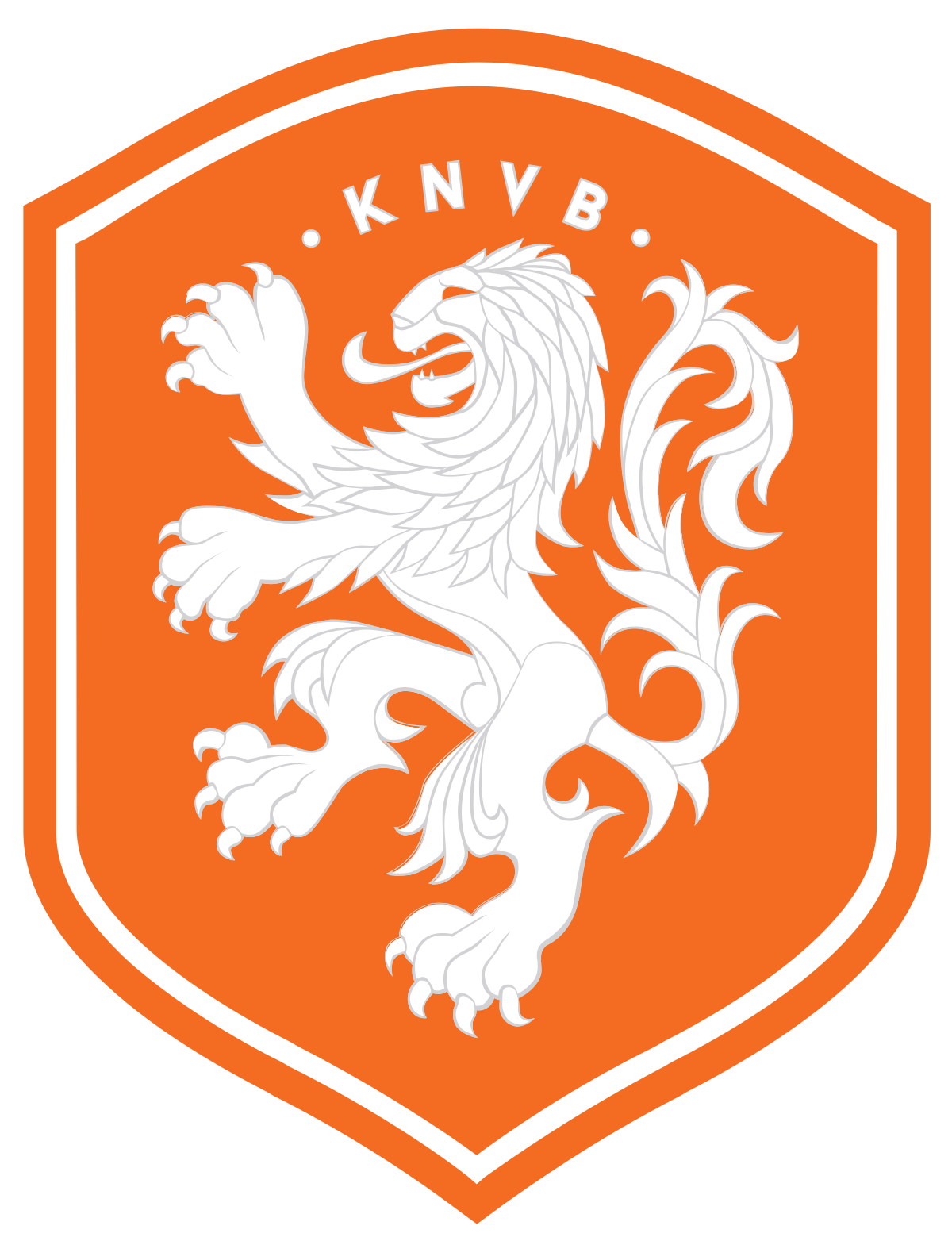
Qatar (The Maroon)
No Previous Tournaments
Current FIFA Ranking: 50
Arkam Afif
Read More
Abdelkarim Hassan
Read More
Hassan Al-Haydos
Read More
Felix Sanchez
Read More
Group A Schedule
Game 1 – Sunday 20th November 2022

Ecuador
19:00 Qatar Time/16:00 GMT
Al Bayt Stadium, Al Khor
Game 2 – Friday 25th November 2022

Senegal
16:00 Qatar Time/13:00 GMT
Al Thumama Stadium, Doha
Game 3 – Tuesday 29th November 2022

Netherlands
18:00 Qatar Time/15:00 GMT
Al Bayt Stadium, Al Khor
Notable Honours
With a population of fewer than three million people as of 2020, Qatar’s greatest-ever achievement came in 2019, when they won the Asian Cup. They have also won the Arabian Gulf Cup three times (1992, 2004, 2014), the West Asian Football Federation Championship (WAFF) once in 2014, and the Asian Games in 2006.
Beginnings
When the Middle Eastern country of Qatar were named World Cup 2022 hosts on 2 December 2010 (at the same time Russia were appointed 2018 hosts), there were many raised eyebrows. In the intervening twelve years, much has been spoken and written about the merits of Qatar’s hosting rights. However, what cannot be overlooked is that there is a vast demand and love for football in the Middle East, despite the region not being a traditional football hotbed as Europe and South America are. As a result, many football fans in the area are delighted and proud that it will host its first World Cup.
As stated, Qatar is not a nation with an extensive and rich football history, so some Western exceptionalism may be coming into play. Indeed, the country was a British protectorate until it gained independence in 1971. Therefore, Qatar had no participation in the World Cup between 1930 and 1970 and then withdrew in qualifying for 1974. However, they had been planning, and the Qatar Football Association (QFA) had been set up in 1960. Alongside rivals Bahrain, Qatar were instrumental in setting up an international tournament for national teams in the Gulf: the Arabian Gulf Cup. Qatar played their first official international match against Bahrain in March 1970. However, the first edition of the Gulf Cup could have gone better for them, finishing bottom of the group. A similar disappointment followed two years later, and they again finished bottom. However, in 1974, they had a breakthrough by finishing third. They failed to qualify for the 1975 AFC Asian Cup – the first time they had entered – but they did come third again in the 1976 Gulf Cup, this time as hosts.
Failures then Slight Improvement
Qatar’s entry to the World Cup came in 1977, when they played their first qualifying match, beating Bahrain 2-0 in Doha. However, they could not qualify for Argentina 1978, which prompted a miserable run of eleven successive failures to qualify for the competition. They did qualify for the Asian Cup three times in the eighties but fell at the first hurdle of the group stage each time. They were doing better in the Gulf Cup, finishing second in both 1984 and 1990.
In 1992, Qatar’s best moment in their history until that point came in winning the 1992 Gulf Cup. This triumph was viewed as Qatar being a rising power in the region, steadily improving since the seventies. The country hoped that they might qualify for their first World Cup soon. Indeed, in August 1993, they reached their highest-ever FIFA World Ranking (at that point) of 53. 1994 proved to be another unsuccessful qualifying campaign, however. In 1998 though, they came the closest they had ever had to qualifying for the tournament, where a victory over Saudi Arabia in the final game would have sealed their place in France. However, they lost, and their dream was dashed yet again. The 2000s started relatively well with a quarter-final place in the Asian Cup in 2000, their best performance in the tournament to that point. However, two group-stage exits followed in 2004 and 2007, and again Qatar failed to qualify for the World Cup in all of 2002, 2006 and 2010. There was some minor consolation, though, winning their second Gulf Cup in 2004.
Asian Cup Triumph and Hosting Controversies
In the twelve years since being named hosts, much of what Qatar has done has been with the intention of making their World Cup as successful as possible and leaving a legacy in the Middle East. Yes, they didn’t qualify for the 2014 or 2018 editions. However, their third Gulf Cup win (2014) was followed up with their biggest-ever achievement – becoming Asian champions in 2019. Indeed, a victory over Japan (a major regional power) in the Abu Dhabi final showed how far the Qataris had come. However, many people still do not respect the country or the national team, and they enter the tournament mired in controversy over numerous issues. First of all, the tiny size of Qatar geographically has been criticised, with many doubting that they possess the infrastructure to cope with the demands of millions of people converging on them from all over the world.
Further issues that have caused great debate have come on the pitch. Moving the World Cup from June and July to November and December to avoid Qatar’s oppressive summer heat has been the subject of widespread condemnation. The football associations of many top European leagues, in particular, have been adamant that Qatar winning the hosting rights was a mistake. Indeed, they are very upset about the disruption and financial loss to their leagues, which will occur from the traditional European season being halted right in the middle of the season.
Perhaps the most significant talking points though are human rights abuses, particularly the treatment of migrant workers. Many people are outraged at the alleged numerous deaths of migrant workers that have occurred in constructing the various stadia. Further claims abound that Qatar did not treat these workers well and that the kafala system – a system implemented to monitor migrant workers in the Gulf – requires reform. There have been claims that the workers live in appalling conditions and are seen as dispensable and disposable slaves to the Qataris. Qatar claims that it has introduced progressive legislation to tackle these issues, but admits that their implementation is ‘not perfect’.
With male homosexuality still illegal and women possessing fewer rights than in the West, concerns have been raised on behalf of fans travelling to Qatar. Qatar has responded by assuring LGBTQ+ fans that they are indeed welcome to attend the tournament. Qatar has also been accused of sports-washing – using the tournament as a way to distract from their laws and alleged abuses, to improve their image and legitimise themselves as a country. Whether these factors have merit is for everyone to make their own decision about, but certainly, the issues have been hotly debated.
Aspiring to Create a Legacy
Of course, none of this is the fault of the national team. However, even there, controversy exists. There is much discussion about the so-called extremes that Qatar have gone to to naturalise foreign-born players. Many people outside Qatar do not view the national team as Qatari and believe the country have been trying to improve their results by naturalising foreign players. In response to many of these issues, Qatar has recently included more home-born players and cited Western exceptionalism both in culture and football tradition and history as reasoning for why many in Europe and North America desire the tournament to fail. They point to the USA’s record in interfering in other countries and say anyone who will boycott 2022 but not 2026 (which the Americans will co-host) is a hypocrite. Certainly, this is a controversial edition of the World Cup.
The national team is relatively unknown among many European football followers, but this should not lead to underestimation. Qatar are no pushovers and will target at least progression from the group. They have a chance of doing so in a section containing Ecuador, Senegal and the Netherlands. It will not be easy, but home advantage and their football-mad fans cheering them on could be significant, both in terms of on-pitch performances and the legacy this tournament leaves behind.
Road to Qualification
Qualified automatically as hosts
As hosts, Qatar qualified automatically. However, they have played friendlies and the FIFA Arab Cup in the last twelve months. They finished third in the latter, and many of their friendlies have been played in Europe, particularly Austria. Some highlights include a win over Ghana in August and then a draw with Chile in September, both in Vienna. They will play three CONCACAF nations in the lead-up to the tournament (Guatemala, Panama and Nicaragua) before the curtain raiser versus Ecuador. Qatar will feel that now is their time.
Meet the Coach: Felix Sanchez (age 46)
Born in Barcelona, Sanchez is a former Barcelona youth coach who moved to Qatar in 2006 to manage Aspire Academy. He then won the AFC U-19 Championship with the Qatar under-19 team. Following more spells with the youth teams, Sanchez was appointed senior manager in the summer of 2017. 2019 was a mixed year for Sanchez and Qatar, the highlight being the aforementioned first Asian title, but being eliminated in the group as invitees for the 2019 Copa America. However, there is steady progress, as Sanchez led them to the semi-finals of the 2021 CONCACAF Gold Cup, again as invitees.
Sanchez’s team will be organised, but they also possess technically gifted players who can create and score goals. You would expect this from a squad having naturalised Brazilians and Portuguese (amongst others), but the native Qatari players are generally their best players. They will be up against the odds but will look to shock the world in a positive manner.
Possible Starting XI and Style of Play

As stated, Qatar will look to be organised and aggressive but also to be creative and try to score goals in the final third. On home soil, they will want to give their people something to cheer. In goal, the legendary Saad Al Sheeb is vying with young Sudan-born Meshaal Barsham for the spot. Al Sheeb’s experience might see him get the place. Qatar will play a back three, with Bassam Al-Rawi, Abdelkarim Hassan and Boualem Khoukhi providing a vastly experienced trident, with Hassan and Khoukhi having over 300 caps combined. Hassan is typically a left-back but is likely to play left of a three to allow the talented Homam Ahmed to play left wing-back. Ahmed and right wing-back Pedro Miguel (nicknamed Ro-Ro) will both look to get forward and support the attack. In midfield, there is again a wealth of experience, with Abdulaziz Hatem and Karim Boudiaf providing a secure base. Young Iraqi-born Mohammed Waad can also play in the middle and further forward.
The attack includes even more experience, with prolific striker Almoez Ali flanked by Akram Afif on the left and captain and record cap holder Hassan Al-Haydos on the right. There are younger options on the bench, such as young forward Naif Al-Hadhrami, but Sanchez has a best eleven in mind, which is full of experience and know-how. Another interesting wrinkle is that the entire squad plays in Qatar at club level. It remains to be seen if the lack of exposure of some of their players to strong European and Latin American leagues will work against them in the tournament. Home advantage might be a leveller in some games too. Overall, the team will look to play be organised and defensively strong, making the most of what might be limited possession. They will want to do themselves proud as hosts.
Final Squad
Goalkeepers: Saad Al-Sheeb, Meshaal Barsham, Yousef Hassan
Defenders: Pedro Miguel, Musaab Khidir, Tarek Salman, Bassam Al-Rawi, Boualem Khoukhi, Abdelkarim Hassan, Homam Ahmed, Jassem Gaber
Midfielders: Ali Asad, Assim Madabo, Mohammed Waad, Salem Al-Hajri, Moustafa Tarek, Karim Boudiaf, Abdelaziz Hatim, Ismail Mohamad
Forwards: Naif Al-Hadhrami, Ahmed Alaaeldin, Hassan Al-Haydos, Khalid Muneer, Akram Afif, Almoez Ali, Mohamed Muntari
Key Players
Arkam Afif
Date and Place of Birth (18.11.1996, Doha)
Current Club: Al Sadd
Caps/Goals: 85/25
Truthfully Almoez Ali is unfortunate to miss out on our key player list, having scored nine goals and being named Player of the Tournament in Qatar’s successful 2019 Asian Cup win, but we really like Afif. Born in Qatar, Afif is a talented player in the prime of his career, and he will look to make a name for himself at the home tournament. He can play all along the front line but is especially potent from the left wing. He is a creative long and short passer capable of playing an incisive through ball. His guile will be vital for the hosts. Like the other players in the Qatar squad, he will have dreamed of this moment for many years.
Abdelkarim Hassan
Date and Place of Birth: (28.08.1993, Doha)
Current Club: Al Sadd
Caps/Goals: 124/15
Nicknamed ‘The Flamethrower’, Hassan is quite easily one of Qatar’s star performers. He is the second most capped player in the national team’s history, and he will lean on every bit of this century-plus number of appearances at the tournament. His adaption to his new position of left centre-back from left wing-back in the face of younger competition at both club and international level is to his great credit. He has excellent pace and technique and a powerful shot which we might see on occasion. He is a leader in the dressing room, and his influence will be vital to Sanchez.
Hassan Al-Haydos
Date and Place of Birth: (11.12.1990, Doha)
Current Club: Al Sadd
Caps/Goals: 165/34
Making it a Doha and Al Sadd clean sweep, as the country’s record cap holder and one of its greatest-ever players, Al-Haydos has been a part of the national team set-up for fourteen years. He is a gifted technician and playmaker who is equally at home coming in from the right wing or dropping into the midfield to link play. His passing, dribbling and creative output will be critical for Qatar at the tournament. So will his strong mentality, as he is a man who possesses excellent leadership qualities and can score a goal when the chips are down. The importance of his experience and talent to Sanchez and the Qatari people cannot be overstated, and if the hosts are to have any chance of doing anything this winter, Al-Haydos will have to replicate his form of the past and then some.
